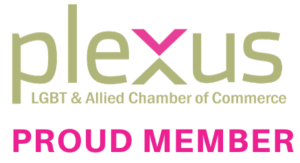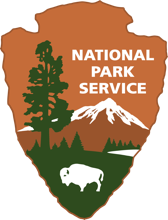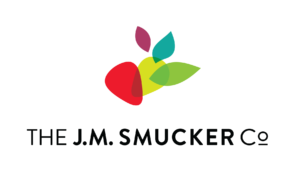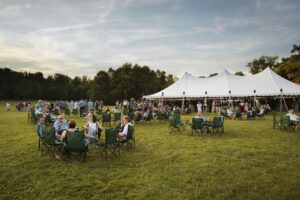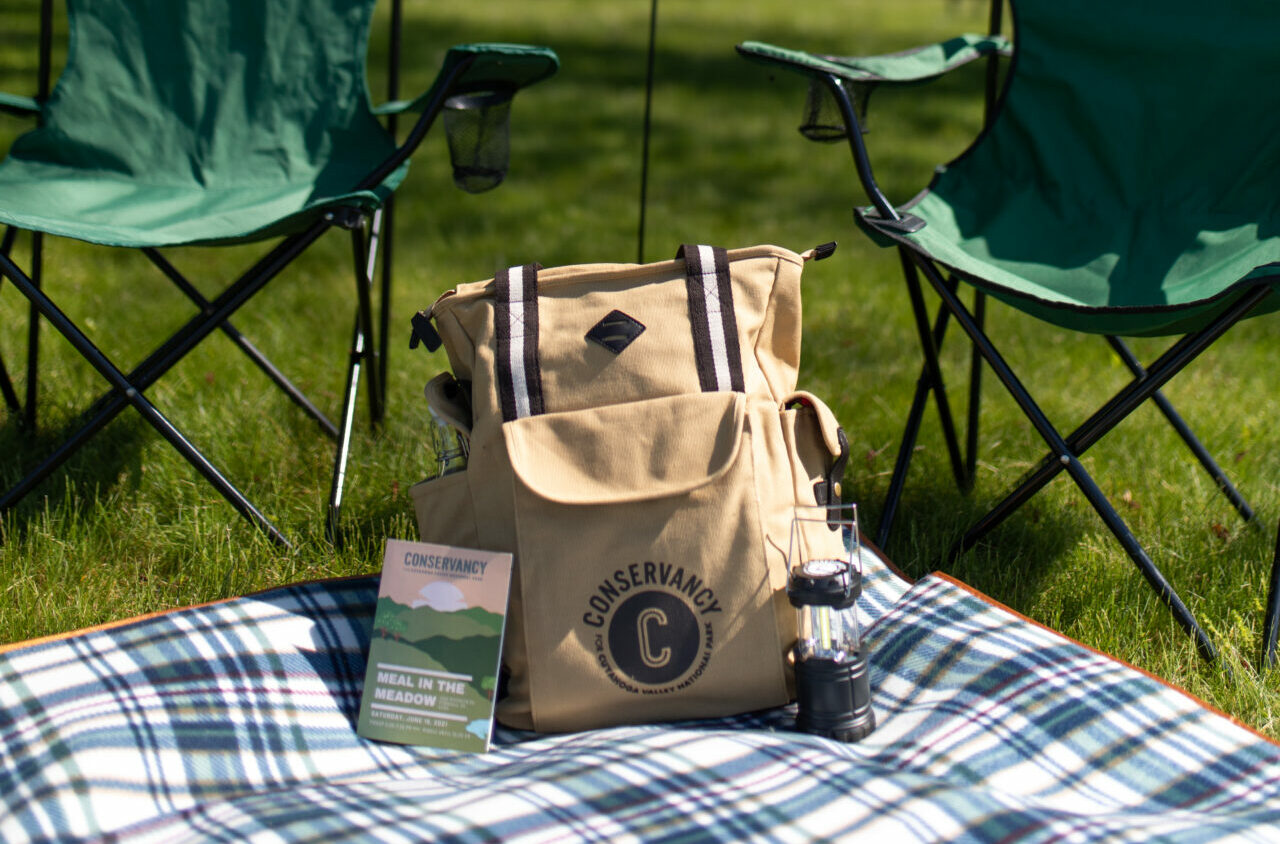Written by guest blogger, Suzanne
We’ve had so much to think about and process over the last few weeks. My original intention was to write a reflection on how the park has impacted the LGBTQ+ community, but I recognize that my reflection isn’t just about this community. It is about groups of oppressed people. Pride Month grew out of the Stonewall riots in June 1969, where LGBTQ+ individuals revolted against homophobic policing tendencies of the day. Please take some time to learn more about this pivotal point in history—now a national monument—by visiting the national park service website for Stonewall.
Pride month this year—like much in our lives, will be vastly different from years past. Instead of attending festivals to celebrate our identities, many people in the LGBTQ+ community are opting to stay at home. In addition to the large parades, concerts and celebrations full of fun and entertainment, Pride Month is an opportunity for people to be themselves and showcase their identities outwardly in a supportive and positive environment. Sometimes for the first time.
However, Pride Month is not simply a celebration or party.
Not having pride celebrations this year is a loss, but I want to take this time to explore another place where I hope LGBTQ+ people, and people across demographics, can feel free to be themselves: the outdoors.
I’ve loved the outdoors ever since I can remember. As a kid, I would spend hours playing in my backyard, and as I got older I took to hiking. Growing up in Massachusetts, my dad and I would take trips to the White Mountains. At age 16, I hiked Mount Washington—which was a huge feat for me. When I went off to college and pursued environmental studies, it felt like a no-brainer for me. I felt an undeniable peace whenever I spent time outside and wanted to preserve our environment for the future.
I remember exactly where I was when I got the field instructor position at the Environmental Education Center (EEC). Right before graduating college, I was walking across campus with my friend and saw the email. I danced the rest of the way back to my apartment!
In retrospect, I was excited for this job for more reasons than I first realized. I was thrilled to be working, even living, in a National Park! I’d only been to Yosemite and Acadia, but both captured my heart and filled me with such joy. Getting to spend all of my time in a national park was the absolute dream! But having worked at the EEC for nearly two years now, this job means much more than just my own happiness.
Each week, I get to connect a new group of students with the natural world—often for the first time. Even in the span of 3-4 days, I often see a transformation. They go from worrying about a little dirt on their shoes to reaching their whole hand into the mud. Not only do they become more comfortable in nature, they become more comfortable with themselves. They are free from typical social norms, cell phones, anything to remind them how they’re “supposed” to act.
I’ve seen this transformation with thousands of students, but also with myself. When I’m in nature, I forget about society telling me how to act, what to wear, or who to love. I put my phone away. I’m free from news apps telling me about daily death counts. I get to be alone with my thoughts in a way that’s rare in our very connected world. This has given me space to figure out who I am, without anyone else telling me who I am supposed to be.
I recognize that not everyone is able to feel the same peace in nature that I appreciate so much. In her message to the Conservancy community, Conservancy Board Chair Dione Alexander showcased how Black and Brown people do not feel the same ease in the outdoors that I am afforded as a white person.
I think it would be unjust to give the impression that being LGBTQ+ in the outdoor community is all sunshine and giggles. Although individuals may feel at peace, we have not always been acknowledged or included by the community at large. There has been progress recently, but as of 2016 no outdoor recreation company had run a Pride Month ad. Just as in many other areas, representation and active inclusion in nature are as important as ever.
At the EEC, we started writing our pronouns alongside our names on the whiteboards at the start of class. This may feel small, but it’s a silent signal of allyship that can go a long way. It can make a student feel represented in the outdoor community. In fact, several kids have come up to me after class to ask more about pronouns and gender. While this may not be my purpose as a field instructor, I take pride knowing that this little action can help make kids feel more comfortable in the outdoors. Hopefully they will find the same peace in it that I do.
No one is free until we are all free. – Martin Luther King, Jr.
